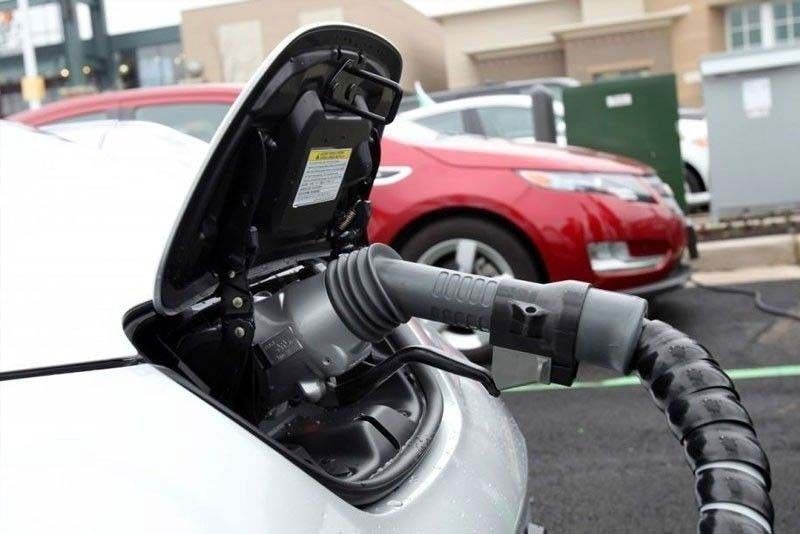Cebu Pacific makes headway in electric vehicles program

MANILA, Philippines — Budget airline Cebu Pacific is set to test the viability of electric tractors for ground support as it intensifies efforts in minimizing its carbon footprint.
The low-cost carrier is set to commission a demo run for the use of an electric tractor in handling luggages at Terminals 3 and 4 of the Ninoy Aquino International Airport (NAIA).
It is also installing a charging station for the electric tractor as it doubles down on its pledge to transition to e-vehicles as soon as possible.
During the trial period, Cebu Pacific chief operations officer Javier Massot said the carrier would assess whether electric tractors operate as efficiently as their fuel-dependent counterparts.
The Gokongwei-owned airline hopes to deploy several units of electric tractors in NAIA within the year.
“Our objective for the demo run is multipronged. Since electric vehicles are a relatively new area for Cebu Pacific, we want to test the technology and its operational viability and safety,” Massot said.
“Likewise, we intend to test the demo unit for various scenarios in ground operations, so we are deploying it for both airport operations and cargo operations over the demo period,” he added.
According to Massot, the electric tractor and its charging station are produced by TLD Asia Ltd., a unit of Paris-based Alvest, which designs, manufactures and distributes aviation products.
Massot pointed out that the electric tractor runs on lithium-ion batteries that last longer compared to the lead kind, thereby consuming less power and in the process discharging less carbon.
On the other hand, Cebu Pacific chief strategy officer Alex Reyes admitted that the airline is far from decarbonizing its operations.
For one, Reyes said the use of electric tractors minimizes carbon emission only from ground handling, which contributes the least impact.
However, Reyes said Cebu Pacific wants to complete its net zero strategy step by step, covering both ground movements and flight activities.
For this year, the airline is set to receive from Airbus a total of 15 aircraft, most of which come from the neo line.
Cebu Pacific targets to operate an all-neo fleet by 2028 given that these jets burn 20 percent less fuel.
Last year Cebu Pacific placed a firm order for 25,000 tons of sustainable aviation fuel from Shell Aviation to be supplied to the airline between 2026 and 2031.
- Latest
- Trending


























